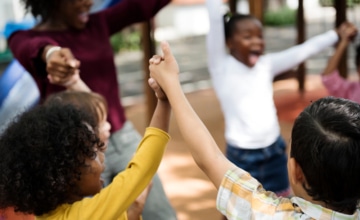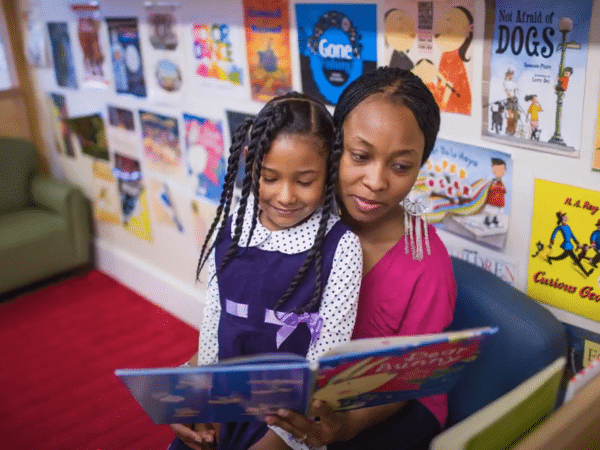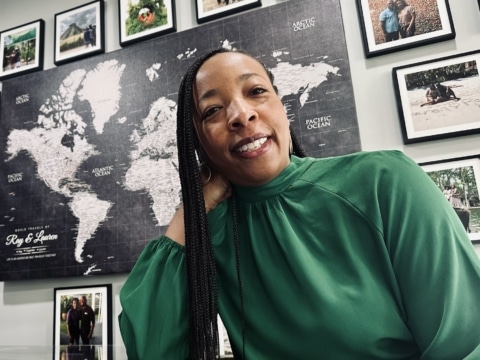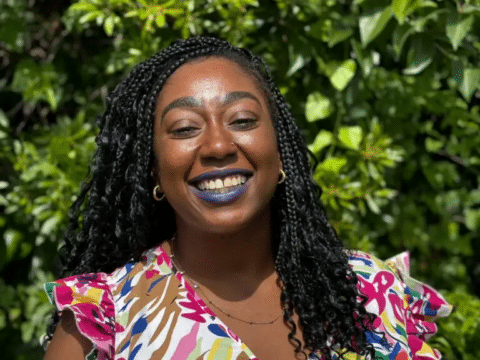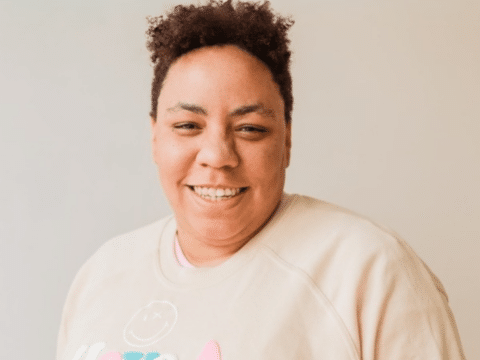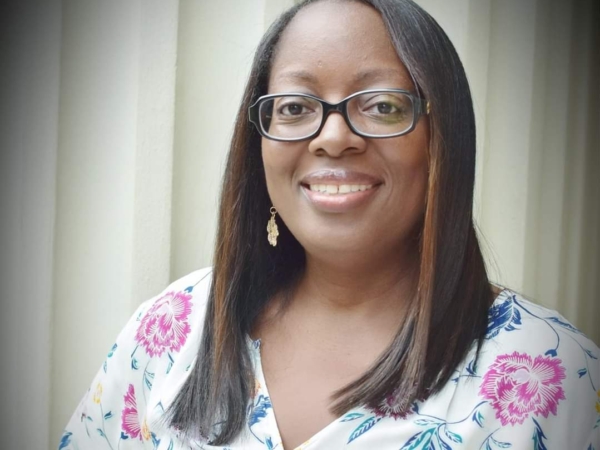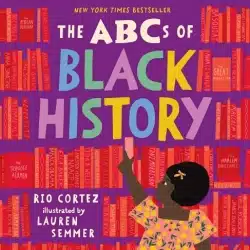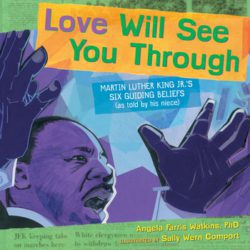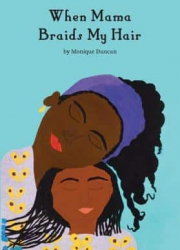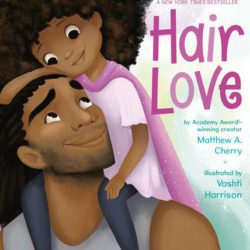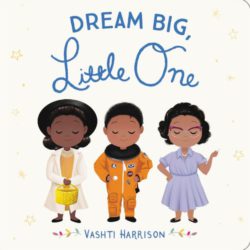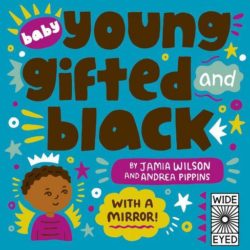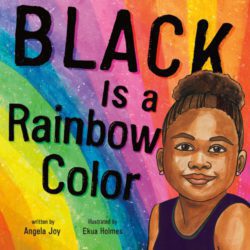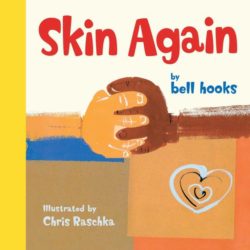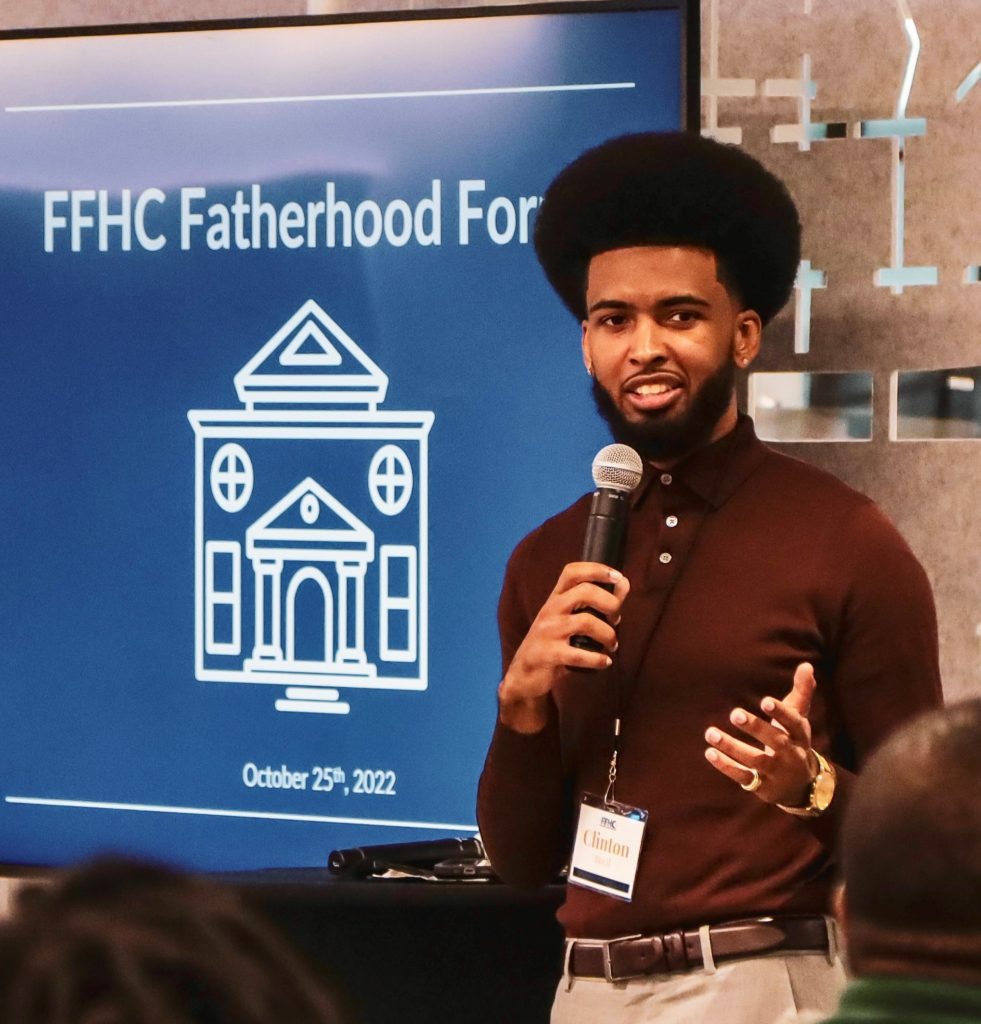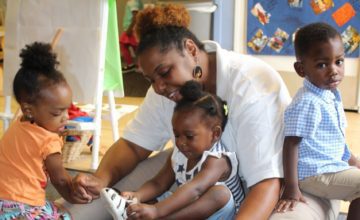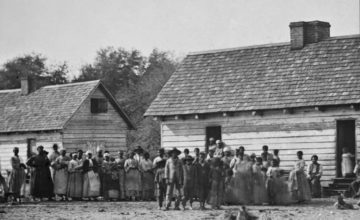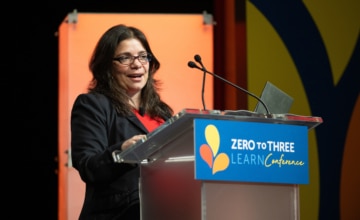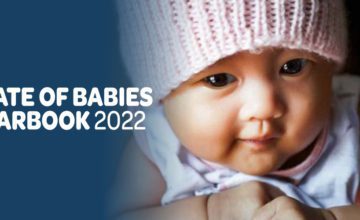Whenever I think about Black fatherhood on a personal front, I immediately reflect on the countless Black men in my family who are committed, exceptional, loving, and perfectly imperfect fathers. Ever since I could remember, the Black men in my family have challenged conventional wisdom about Black fathers: that persistently stereotype us as absent, irresponsible, and “deadbeat” dads. Rather than prove the stereotype accurate, I have observed the Black men in my family debunk these myths about Black fatherhood. When I became a young father at the tender age of 15, the Black men in my family served as good examples of great fathers to pattern myself after.
Informed by my experiences as a Black father, my professional work seeks to rewrite the narrative on Black fatherhood through rigorous research and grassroots organizing.
